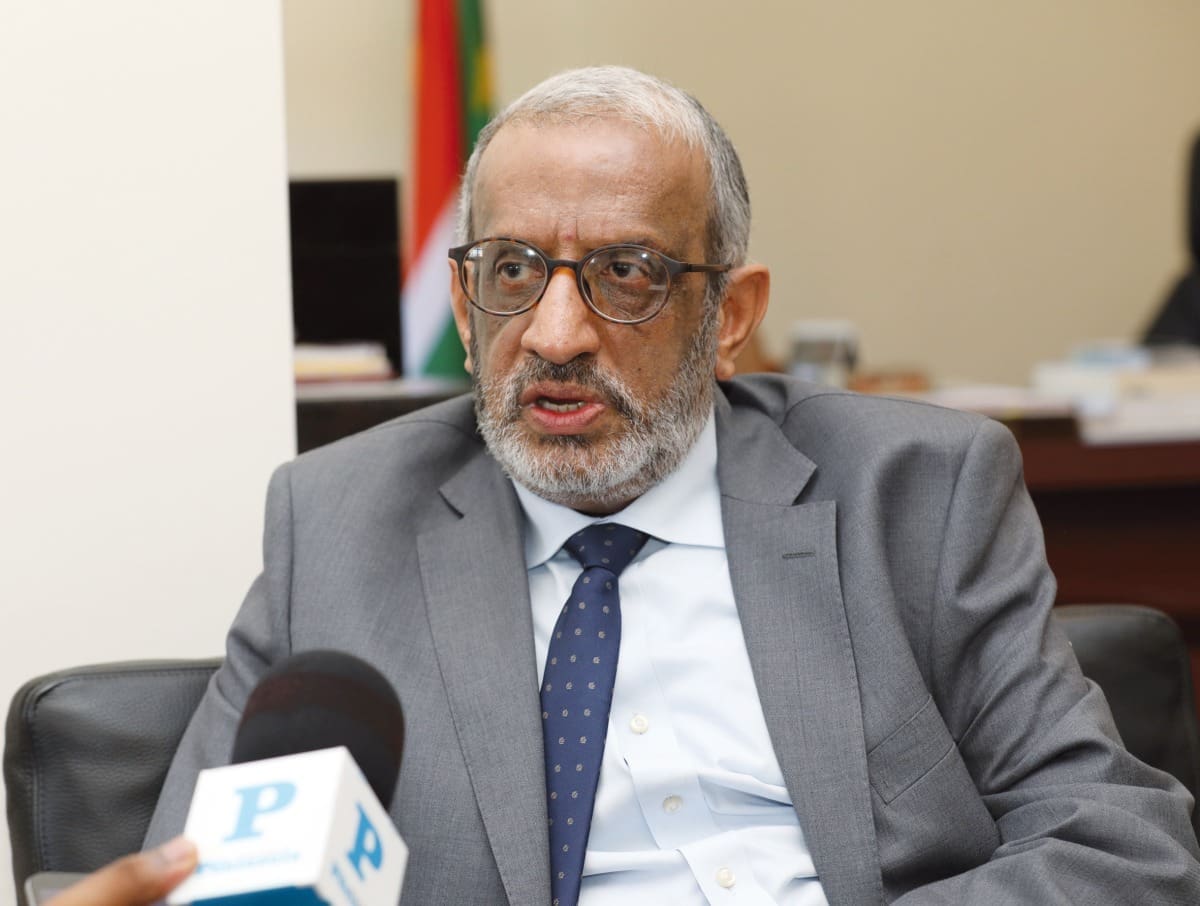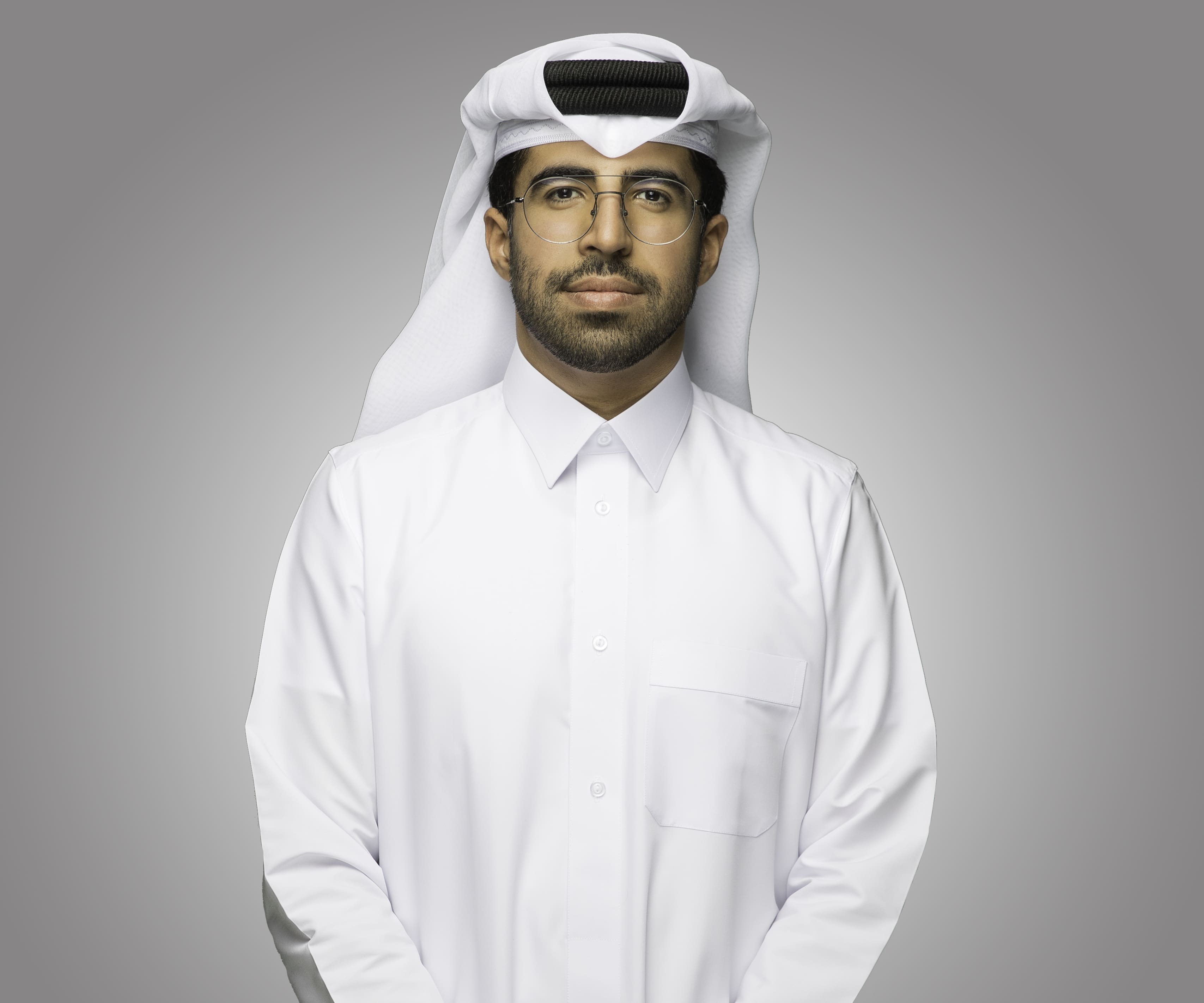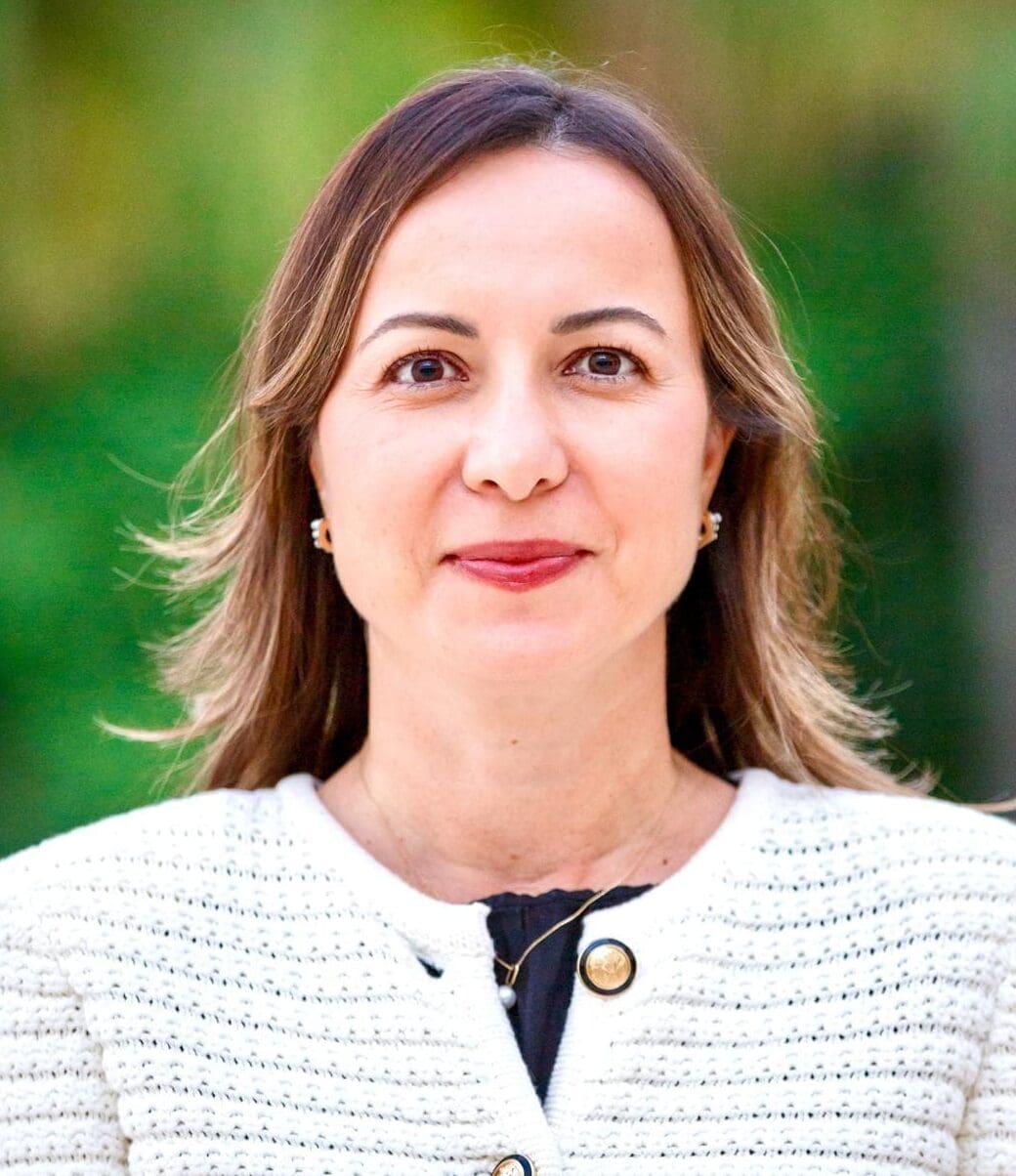Digital Diplomacy in the Gulf Region:
Theory, Practice, and Policy
October 28, 2024
Summary
Artificial intelligence (AI) and digital technologies are rapidly reshaping the landscape of global diplomacy in the 21st century. As states and organizations increasingly rely on these tools for communication, decision-making, and cybersecurity, the potential to enhance diplomatic efforts is immense. However, the use of AI in diplomacy also brings new challenges, including ethical dilemmas, security risks, and regulatory challenges that require global diplomatic coordination. In the Gulf region, these issues are particularly relevant as states increasingly engage in digital diplomacy amid shifting geopolitical dynamics and regional conflicts.
To examine the shifting landscape of digital diplomacy, the Middle East Council on Global Affairs (ME Council), in partnership with the Institute for Advanced Study in the Global South at Northwestern University in Qatar, hosted a panel discussion. Experts explored how digital technologies can enhance communication, security, and adaptability in diplomacy. They also discussed on how to navigate the complexities of misinformation and shifting power dynamics in international affairs, bringing expertise on the theory, practice, and policy of digital diplomacy, particularly in the Gulf and the Global South.
Speakers

Ghulam Hoosein Asmal
Ambassador of the Republic of South Africa in Doha

Ibrahim Al-Hashmi
Director of Media and Communication Department, Ministry of Foreign Affairs, the State of Qatar.

Banu Akdenizli
Associate Professor in Residence, Northwestern University in Qatar


